
Don’t Let Hidden Comments Make a Statement You Didn’t Mean to Make
Peter owned a small company that sent out monthly customer statements. His industry had a lot of customer turnover, with clients coming and going every couple of years. One particular client left the company on less-than-ideal terms. Frustrated, Peter decided to inactivate Steve’s account in the accounting system and, for some personal catharsis, added a note to the account: “a real jerk.”
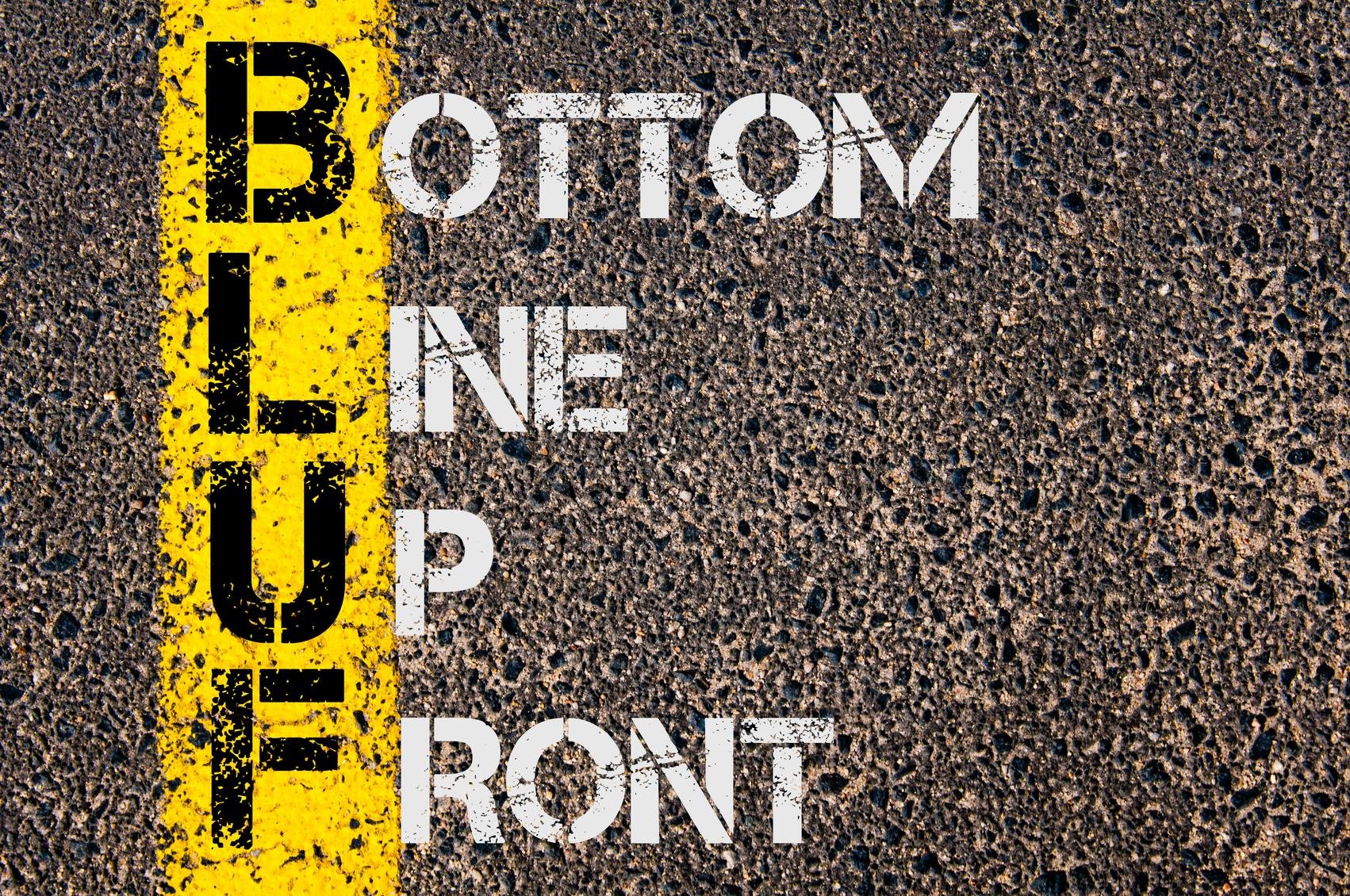
BLUF Your Way Through Your Next Presentation
This isn’t about “faking it until you make it.” Instead, it’s about using the Bottom Line Up Front (BLUF) approach to kick off your next presentation. Start by sharing your key findings, results, or recommendations right away, ideally on the first slide. Then, if needed, you can dig into the supporting details.

Why Your Stress needs to be Eustress
Some positive words often get overshadowed by their negative counterparts. Take the word "gruntled." When was the last time you heard someone say they were gruntled? But how often do you hear about people being "disgruntled"?
Another word that gets overshadowed this way is "eustress," which is the opposite of "distress." What’s the difference? Eustress is beneficial stress that can enhance performance and well-being, while distress is harmful stress that makes you feel anxious, afraid, or even depressed.

Why "Any Questions?" Shouldn't Be Your Last Slide
The last slide you want as your last slide is "Any Questions?"
No, I’m not asking if there are any questions; that’s the point. The final slide of your presentation should not be "Any Questions?" And yet, we all do it. It’s ingrained in our presentation DNA to conclude a motivating and compelling presentation with that very phrase.
But why should "Any Questions?" not be your final slide?

#awkward. A Lesson on the Importance of Reading the Room
There was a time before Teams, Zoom, and other video-conference technologies when people sat around a table using a device known as a “phone,” which allowed them to hear but not see each other.
That's when the problem began.

How to Choose Which Ball to Drop
A new year is here, and with it, the ushering in of the latest strategies, initiatives, and projects to kick off the first quarter. You may quickly find yourself unable to juggle everything, despite your best efforts to prioritize, delegate, and negotiate. One of those balls will drop; the question is, which one?
Easy. Ask yourself which project, task, or initiative is a rubber ball and then drop that one.
Let me explain.

3 Reasons to Stop Remote Work FROM THE OFFICE
Companies are becoming increasingly insistent on employees returning to the office. To me, a three-to-four-day office schedule with one to two days of remote work is the ideal ratio. However, I've noticed that even when I'm physically present in the office, I'm still working remotely.
How is that possible?
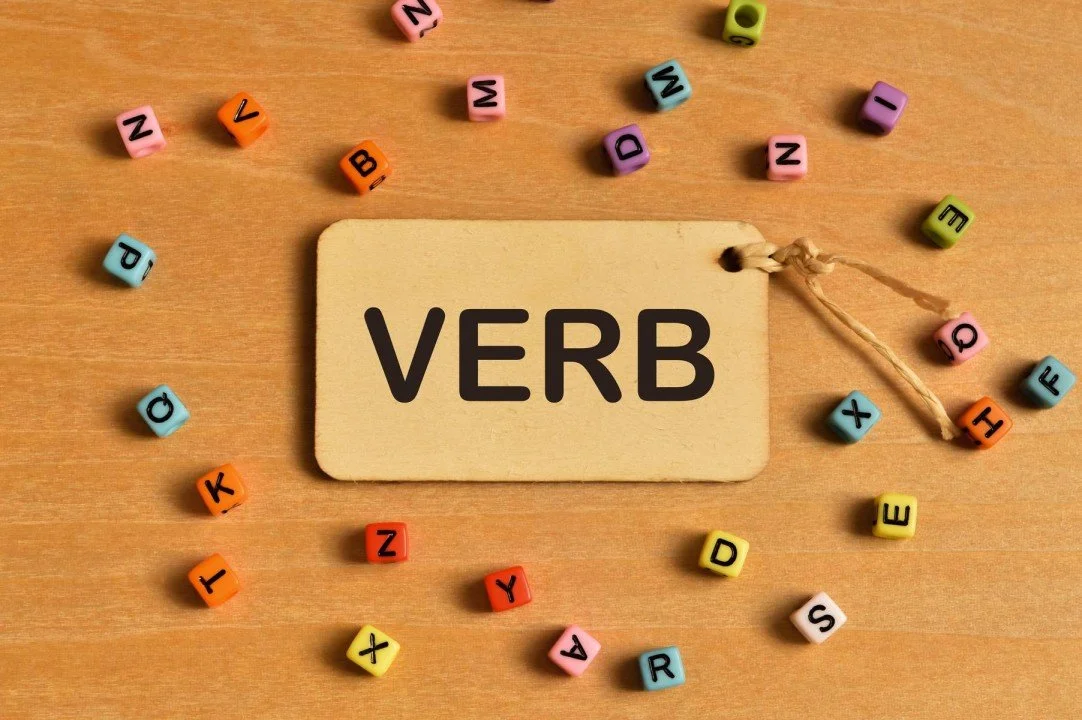
Transform Your Name into a Verb
You'll hear a lot of three-letter acronyms (TLAs) when you start a new position at a company. You’ll also hear the same two or three people’s names pop up time and again when there's a need for a specific skill. “Oh, yeah, we need to check with Stephen on this,” or “Cynthia will have the answer to that”. Why is this? Because they’ve built a great reputation and set themselves up as an expert in their particular area.

If You Aren’t Embarrassed by Your First Version, You’re Not Moving Fast Enough
I listen to a lot of podcasts. There’s always a point in time where the host(s) reflect back on their first episodes and say, “We don’t encourage anyone to listen to our early episodes, but if you must, you can find them here.” They quickly explain with some variation of, “We didn’t know what we were doing, the audio was terrible, and our interviewing style was horrendous.”
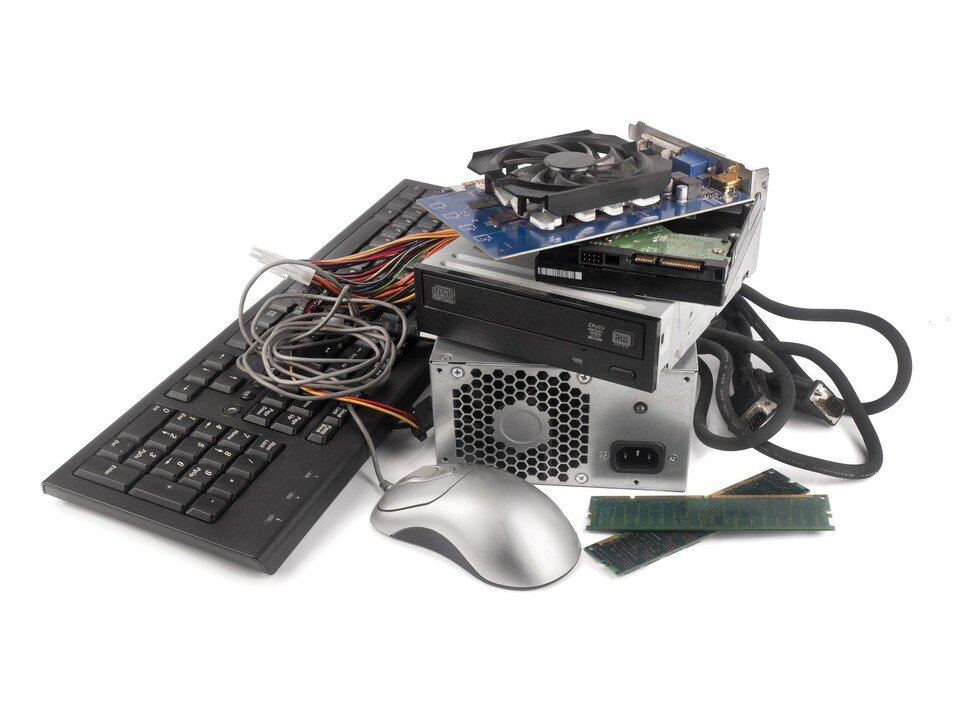
How to Meet Them Where They're At
I don’t think I fully understood the meaning of “meet them where they’re at” until somebody “met me where I was at.” Let me explain.
Office workers have a tendency to accumulate electronic equipment over the years. An extra monitor that’s no longer in use gets tucked behind the door. An old keyboard, mouse, phone and even laptop computer are shoved into a desk drawer. Headsets, microphones, and tons of cables get jammed into a box never to see the light of day again.

A Lesson in Premium Pricing
Convenience stores are thus named for a reason. They are convenient. You don’t have to search for a parking spot a hundred yards away, or walk five minutes to get milk from the back left corner of the store, or stand in long lines to pay. You get in, get out, and are on your way.
However, this convenience comes at a premium. Expect to pay 10%-12% more on average for fewer choices and smaller quantities. The convenience store model charges for how much time they save you. They do not confuse volume with value.

If You Have This Problem, You Will LOVE this Solution!
Here’s the problem:
You need to invite a LOT of people to an online meeting.
You want those people to forward the meeting to others.
You don’t want participants to see who else is invited and their contact information, and
You don’t want someone to Reply All, starting an endless cycle where everyone hits Reply All to tell everyone to stop replying to everyone!
If you have this problem, you’ll know exactly what I’m talking about. A simple solution is to use the web version of Microsoft Outlook.
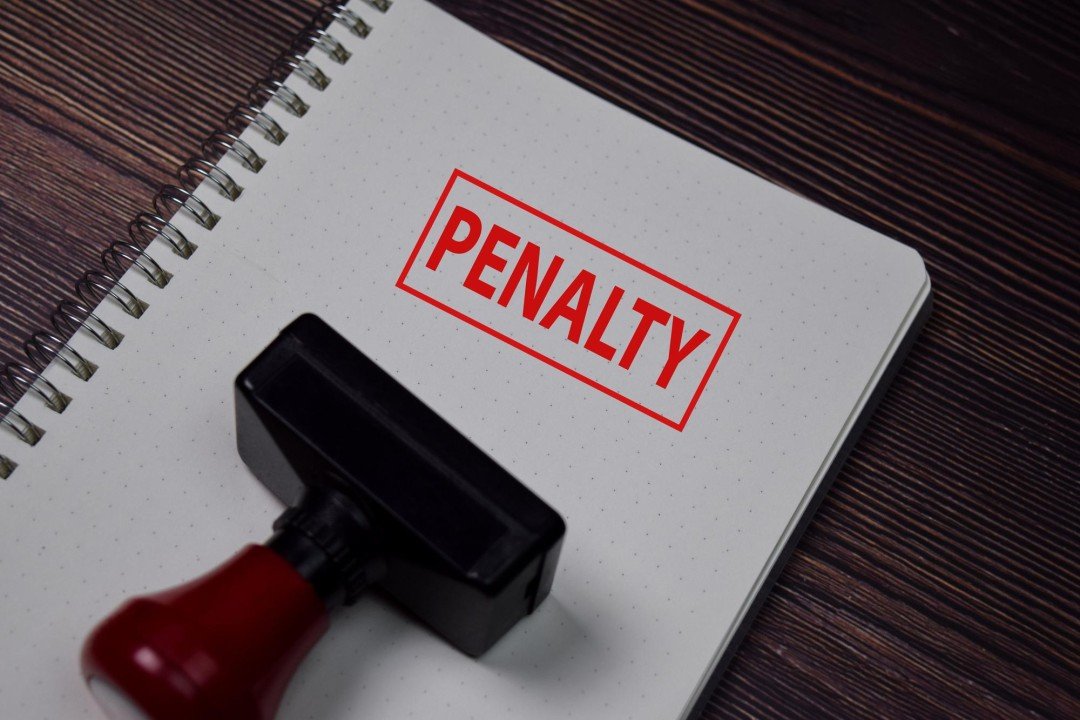
Penalize the Exceptions, Not the Majority
A new meat market recently opened down the street from us. It has a great selection of both meat and seafood. It also has a terrible policy posted on the front door:
“There’s a 3% surcharge if you pay with a credit card.”
Less and less people carry cash, and even fewer know how to write a check anymore. But, nearly everyone carries credit or debit cards. Wouldn’t it make more sense to raise all prices in the store by 3%, and change the sign? It could then say:

Can I Get a Simple Yes or No, Please?
“Will this flight land safely?”
“Um, it should,” says the pilot hesitatingly.
“Will I make it through this surgery?”
“Hmm, I think so,” says the surgeon after a long pause.
“Will the interest rate on my (newly-signed) mortgage rise?”
“Uhh, I’m not sure,'' says the banker, looking away.
None of the responses above give you a warm and fuzzy feeling, do they?

Don’t Do Quick and Dirty Work
Years ago, before the emergence of Squarespace, Wix, and the host of other DIY website builders, I worked in a web development shop, where we built websites from scratch. Our sites could take weeks to up to months to build and publish depending upon complexity.
It always surprised me how often business owners would come in and say they needed an ‘emergency’ site by the end of the week. They assured us they needed nothing fancy, weren’t concerned with how the design looked, and the site didn’t need to do anything special.

Cut Your To-Do List in Half
Now, stay with me. This is not click-bait nor is it meant to be snarky or clever. I actually do use old-fashioned pen and paper for my weekly planning and to-do lists (here’s why). Recently, I downsized from 8 ½ x 11 paper to 5 ½ x 8 ½.
Why?

Understanding the Difference Between Busy-ness and Results
My wife started raising honey bees this year. I don’t know if the right term is “raised,” tended to, cared for, or watched after. I’m not sure. All I know is that when she gears up with her mask, gloves, and protective gear, I stay far away from them.
The other thing I know is that the same bee comes to my office window every day. How can I tell? Small scar above its left eye. Anyway, this bee comes to the same corner of my window at the same time every day, and buzzes around for about 15 minutes.

3 Ways to Not Run Out of Gas on Your Next Project
After many years of listening to friends extol the virtues of a ZTR (zero turn radius) mower, I finally got one. Two words: Game Changer! It cuts lines so straight, the grass is so even, and time is so saved. The only downside? It burns more gas than my previous, smaller mower. One can with my old mower would last about three mows; now, I’m fortunate to get 1 ½ mows out of my new lawn beast.

Use Fewer Words
I’m going to throw myself under the bus.
At times, I’ve been accused of being a bit wordy. Sometimes it’s when I talk, other times email, and yet other times it could be a presentation. In my defense, I lean towards wordiness for the sake of being thorough, but can see how fewer words benefit the recipient.
Case in point, I recently drafted the following for an email:
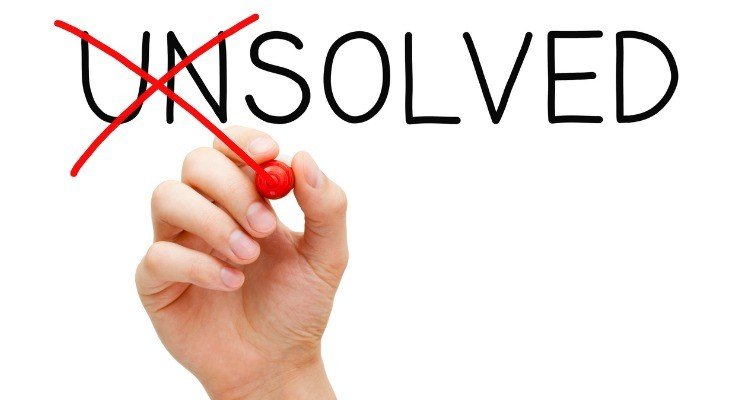
Be A Problem Solver
Michael worked in the warehouse. Other employees wore shorts and T-Shirts; Michael wore slacks and a tie. Yet others would show up late and leave early; Michael would show up early and stay late. Many complained about their job; Michael looked for ways to make things better.
Someone asked him why he dressed and worked the way he did. He replied that he was acting as if he had already moved on to his next position in the company. And certainly owing to that attitude, his next position came soon enough.
